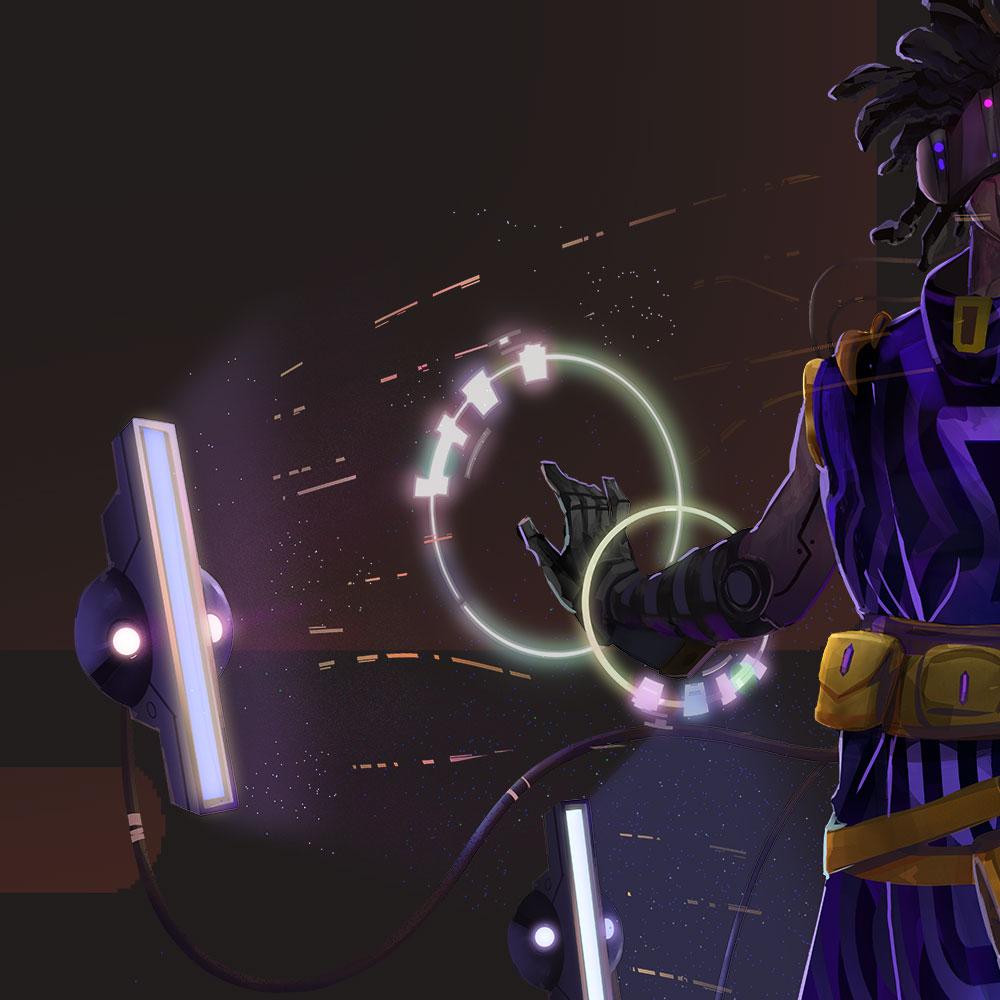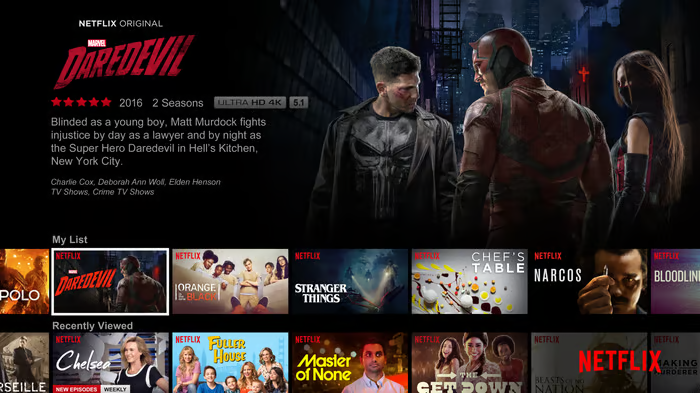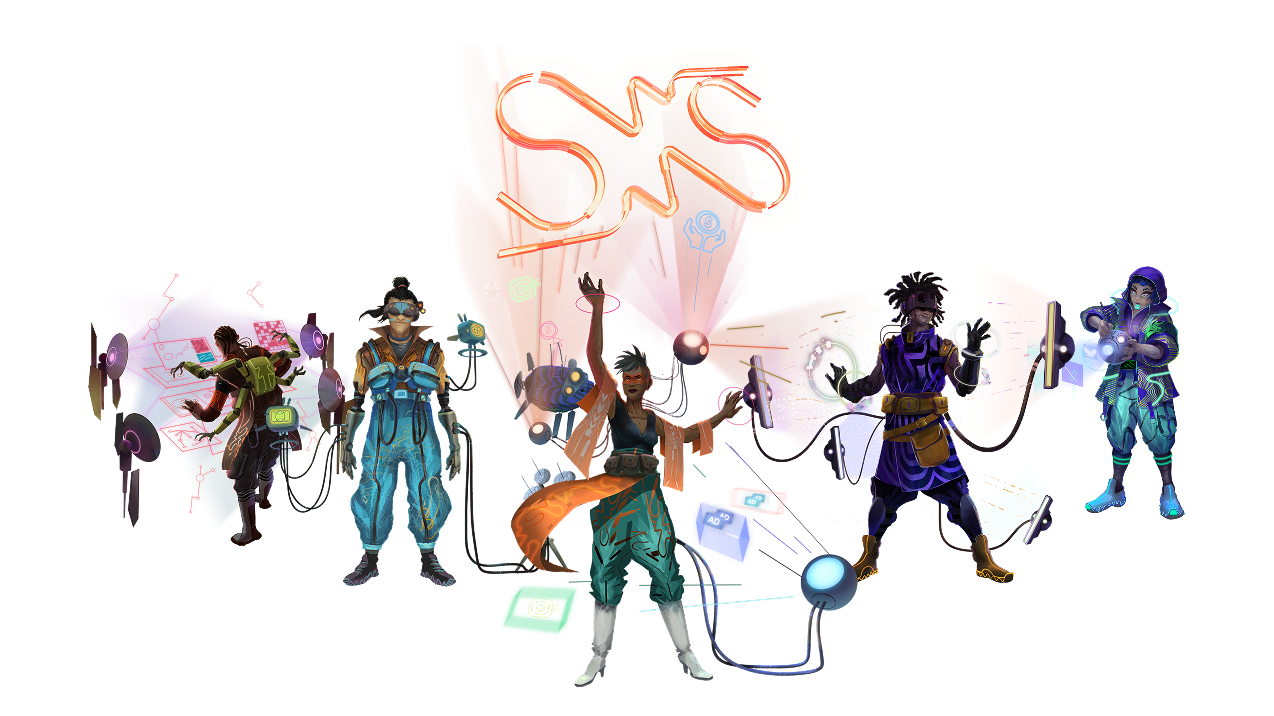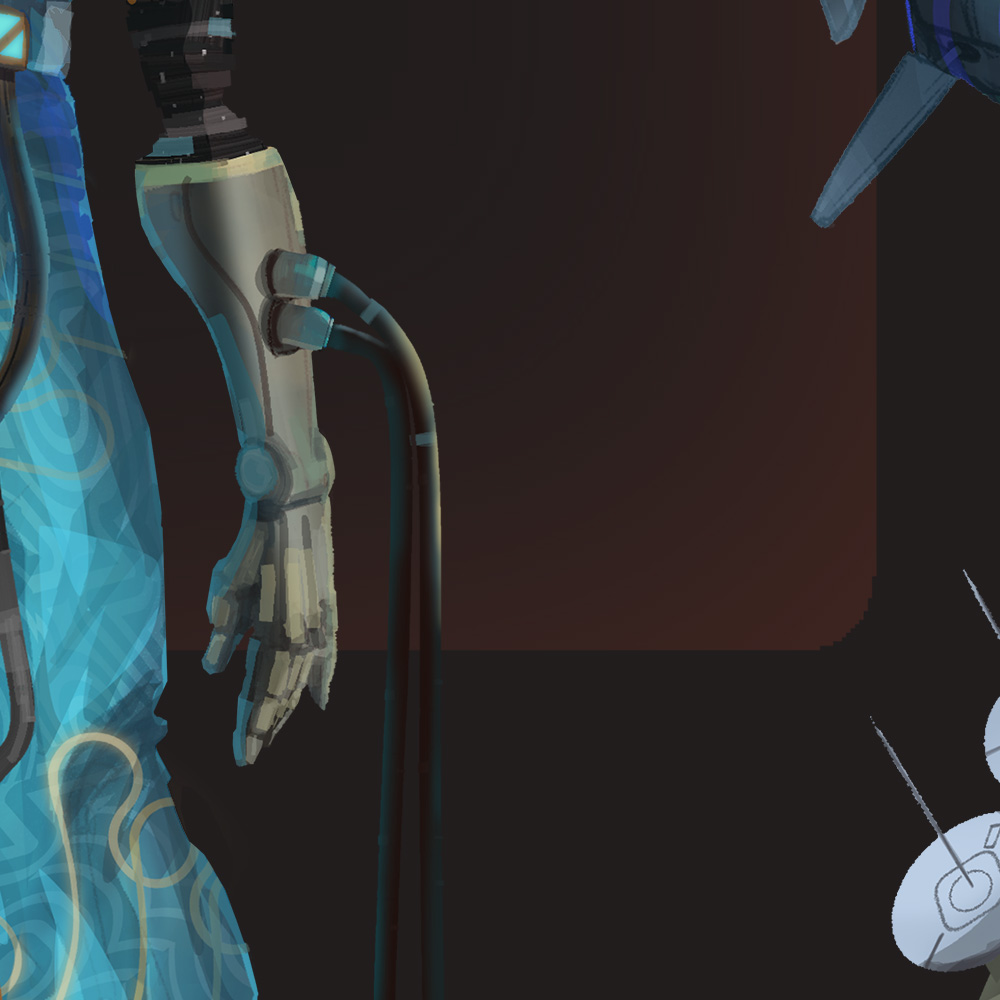Will AI Replace Marketers?
Will AI replace marketers, or will it redefine their roles? This article delves into the integration of AI in marketing, exploring how it transforms marketing strategies and the implications for marketers in this new age.


AI has infiltrated the marketing sector, offering groundbreaking tools for understanding and engaging consumers. Current applications of AI in marketing are diverse, ranging from sophisticated data analysis and prediction of consumer behavior to the creation of personalized content and automation of customer service.
The benefits are substantial - AI enables unprecedented efficiency and precision in targeting audiences, fostering data-driven decision-making. However, these advancements come with challenges, including ethical considerations and the necessity for human oversight to manage and interpret AI-generated insights.
AI is having a significant impact on B2B (business-to-business) marketing jobs, transforming the way professionals in this field operate. Here are some ways in which AI is affecting B2B marketing jobs:
Data Analysis and Insights:
- AI can analyze vast amounts of data quickly and provide actionable insights into customer behavior, allowing B2B marketers to make more informed decisions.
- B2B marketing professionals are increasingly expected to work with AI tools to extract valuable insights from data, which may require acquiring new data analysis skills.
Lead Generation and Scoring:
- AI-powered tools can automate lead generation by identifying potential prospects based on criteria such as company size, industry, and behavior on websites.
- Lead scoring models powered by AI can prioritize leads based on their likelihood to convert, helping B2B marketers focus their efforts more effectively.
Content Creation and Personalization:
- AI can assist in content creation by generating blog posts, articles, and product descriptions. This allows B2B marketers to produce content more efficiently.
- Personalization is critical in B2B marketing, and AI can help tailor content and messaging to individual buyers or specific target accounts.
Marketing Automation:
- AI-driven marketing automation platforms enable B2B marketers to set up and optimize email campaigns, social media posting, and other marketing activities more efficiently.
- These platforms can also trigger personalized messages and actions based on a prospect's behavior, improving engagement.
Chatbots and Customer Support:
- B2B marketers may work with AI-powered chatbots and virtual assistants to enhance customer support and engagement on websites.
- These tools can handle routine inquiries, schedule appointments, and provide immediate responses to common questions.
Predictive Analytics:
- AI can predict trends in the B2B market and help marketers identify opportunities and potential challenges.
- Predictive analytics can guide decision-making related to product development, pricing, and marketing strategies.
Ad Campaign Optimization:
- AI can optimize B2B advertising campaigns by adjusting targeting, budget allocation, and ad creatives to improve ROI.
- B2B marketing professionals need to understand AI-driven advertising platforms and how to interpret performance metrics.
Sales Enablement:
- AI can assist sales teams by providing insights into prospect behavior, helping sales professionals prioritize leads, and suggesting next steps in the sales process.
- B2B marketers may collaborate closely with sales teams to implement AI-driven sales enablement strategies.
While AI is automating many aspects of B2B marketing, it is also creating new opportunities for professionals in the field. B2B marketers can leverage AI to enhance their decision-making capabilities, improve customer experiences, and ultimately drive more effective and efficient marketing campaigns. However, adapting to these changes may require acquiring new skills and staying up-to-date with the latest AI technologies and trends in the B2B marketing landscape.
The Evolving Role of Marketers in the AI Era
The advent of AI in marketing necessitates a transformation in the skill set of marketers. Today's marketers need to be data-literate, capable of understanding AI capabilities, and proficient in strategic thinking to leverage AI tools effectively.
While AI excels in handling data and analytics, the creative and strategic aspects of marketing campaigns still heavily depend on human intuition and emotional intelligence. Marketers are thus evolving from traditional roles to becoming strategic orchestrators who leverage AI insights for creative and strategic decision-making.
AI provides marketers with unprecedented access to data, allowing them to understand consumer behavior on a deeper level. This data-driven approach enables marketers to make informed decisions, fine-tune strategies, and tailor campaigns to specific audience segments.
Creativity remains essential, but it is now augmented by AI-generated insights. Marketers can use AI to identify trends, preferences, and emerging opportunities, helping them design more compelling and personalized content and messaging.
As strategic orchestrators, marketers collaborate closely with data scientists and AI experts to implement AI-driven solutions. They play a crucial role in aligning AI technologies with broader marketing goals and ensuring that AI enhances rather than replaces their creative and strategic efforts.
Overall, this evolution empowers marketers to deliver more relevant and impactful campaigns, optimize the customer experience, and stay competitive in a data-driven world. It combines the art of marketing with the science of AI, making for a potent combination in today's marketing landscape.
Case Studies: AI and Human Synergy in Marketing
Real-world examples further illustrate the synergy between AI and human marketers. For instance, companies like Netflix and Amazon have successfully integrated AI for personalized content recommendations, with marketers playing a crucial role in shaping the overall strategy and customer experience.

These case studies reveal a consistent theme: while AI provides valuable data and automation, the strategic and creative direction remains a distinctly human endeavor.
The Future of Marketing with AI
Looking ahead, experts predict an increasingly personalized marketing landscape, driven by AI advancements. AI is expected to play a significant role in content creation, customer interaction, and market analysis.
To remain relevant, current and aspiring marketers must embrace continuous learning, staying abreast of AI advancements and developing skills to complement AI capabilities. The future of marketing will likely be characterized by a collaborative relationship between AI and human creativity, maximizing the strengths of both.
Summary
In summary, while AI is transforming the field of marketing, it is not poised to replace human marketers. Instead, AI serves as a powerful tool that augments the capabilities of marketers. The essence of marketing - understanding and connecting with human emotions and needs - remains an inherently human trait. Thus, the future of marketing lies in the synergy between AI's analytical prowess and the creative, strategic insight of human marketers.
Find a B2B SaaS Expert
We've collected a directory of B2B SaaS experts and agencies that we've reviewed and categorised based on service and specialism for your review.







